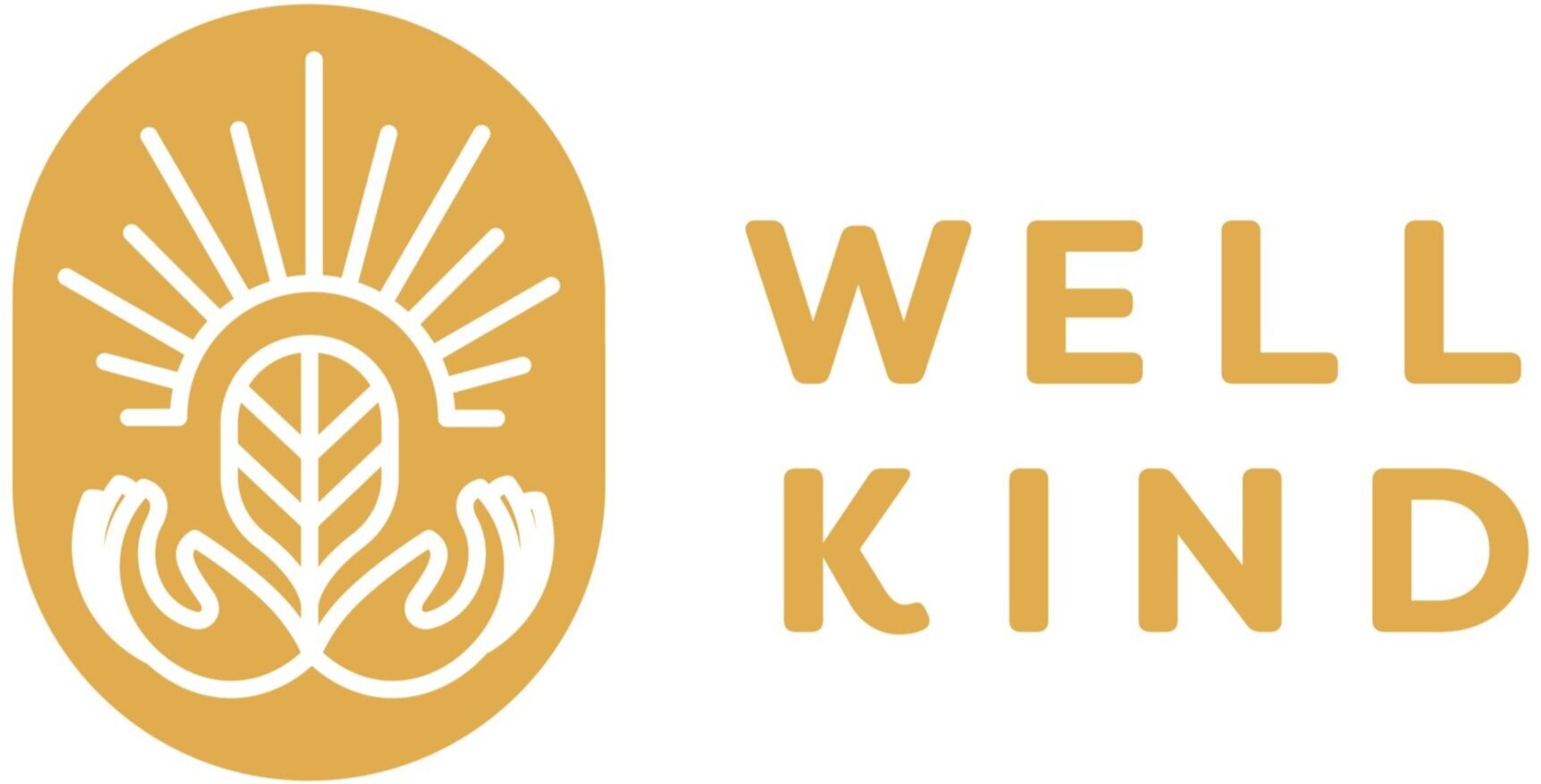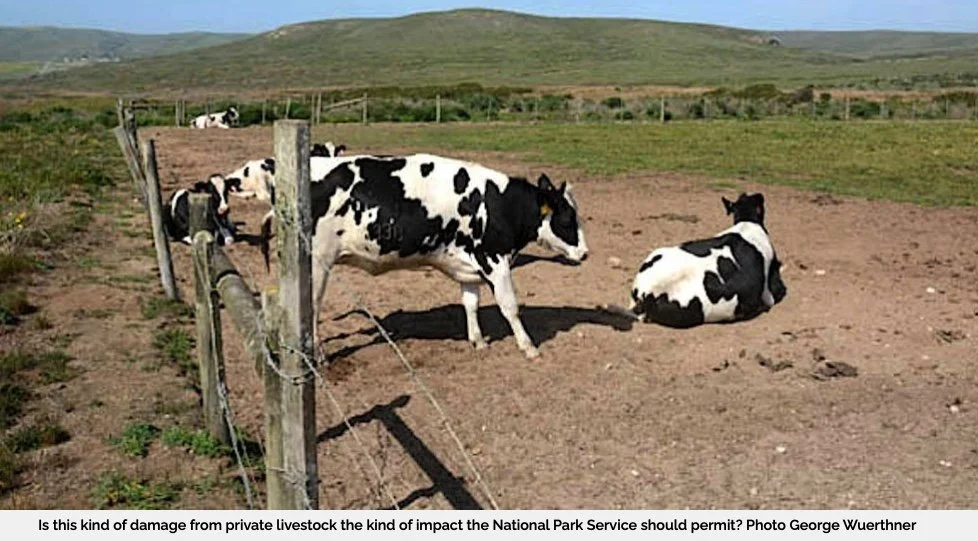Jack Gescheidt and Ranchers’ Impacts on Biodiversity
By Evi Belluche, WELLKIND Forestry Intern
Evi Belluche was an intern for WELLKIND Forestry during our fall 2021 session, exploring the impacts of cattle ranching in Point Reyes and other local environmental issues.
Cattle ranching has been tearing apart our land for years now, and with our world health in a rapid decline, we need all of the biodiverse land and healthy trees that we can get. Enter cattle ranchers, people who claim land to be theirs when it’s really everyones. They’ve operated on public lands of the Point Reyes National Seashore for hundreds of years, degrading the soil with thousands of cattle, and, most importantly, eroding the park’s biodiversity! Elk are the Point Reyes Seashore’s main focus when it comes to protection, and with this loss of biodiversity and room to roam there has been a large decrease in their population in some of the most recent population checks (152 elk have died since 2020).
Enter Jack Gescheidt
Jack Gescheidt is an activist who fights for the rights of the tule elk who, unfortunately, can’t speak English to defend themselves. The elk thrive off of biodiverse land because that’s what feeds them and provides them shelter.
At the Point Reyes elk preserve, there isn’t enough protection for these beautiful creatures. They live in what Jack calls “more of a purgatory than a preserve,” and elk outside the reserve who wander onto ranch lands are shot by ranchers and the National Parks Service.
This is why Jack is putting in the hard work to bring about change and raise awareness onwhat’s going on behind the scenes. For example, this year he brought together hundreds of people to bring water to elk who were dying from dehydration, saving many elk lives and successfully pressuring the NPS to bring in water troughs to avoid a public relations disaster. Although his methods might seem “out there,” they bring out great results and without Jack there would be a lot more elk deaths.
Elk life without biodiversity
Biodiversity (the variety of life in the world or in a particular habitat or ecosystem) is crucial to the survival of elk; without it they’re unable to find food or shelter. This is the big problem that the cattle ranchers have brought for these majestic creatures. With the already limited amount of space given to them, elk are unable to migrate without the fear of being shot by unhappy ranchers. The grassland where the tule elk live is vibrant and bustling, giving home to many species of bird and small mammals, even lizards. When taking a look at the other side of the fence though, the land-life is strikingly different; the grass may be green but none of that grass is native so the soil has very little strength and nutrients compared to its biodiverse counterpart.
On top of that, the cattle these ranchers swear by trample the ground year-round, permanently damaging it and turning the once rich soil into nothing but dust. See the photo below to see just how bad it has become; this graph shows the decline in elk and it’s plain to see that we’re currently in a very steep decline in elk population.
Why is this important?
Well, our soil brings life to just about everything—our food, plants, and wildlife—and it stores carbon from our atmosphere. Without biodiverse soil there isn’t as much carbon being syphoned from trees into the ground which, in turn, makes our food making process longer and harder. Moreover, it threatens the lives of trees and native plants. Biodiversity is something that most people overlook when it comes to tree health and wildlife health, yet is one of the most important parts of nature and the wellbeing of the forest. Going back to elk, they graze in a way that doesn’t “suffocate” the soil. Through their migration and non-glutinous eating habits they’re able to allow soil to regenerate.
With the elk goes the soil, our national park, and our ability to enjoy all the benefits that healthy ecosystems offer.
To learn more and get involved, you can visit Jack’s website: treespiritproject.com/elk.




